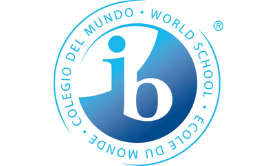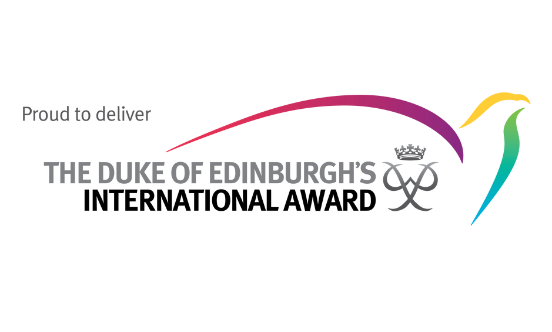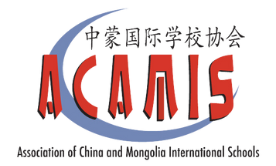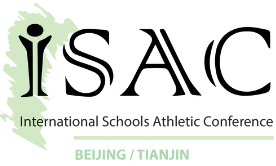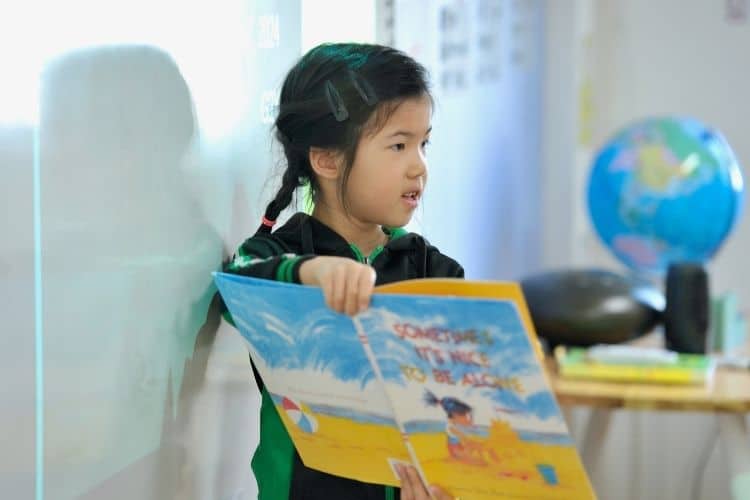CAMBRIDGE IGCSE
The Cambridge IGCSE curriculum is the gold standard in education, recognised by leading universities worldwide and designed to empower students for academic and future success.
GRADES 9-10
Challenging And Inspiring Students Worldwide
The Cambridge IGCSE curriculum sets a global standard for education and is recognised by universities and employers worldwide. Our curriculum is flexible, challenging inspiring, culturally sensitive yet international in approach. Cambridge students develop an informed curiosity and a lasting passion for learning. They also gain the essential skills they need for success at university and in their future careers.
Knowledge, Understanding And Higher Order Thinking Skills
Cambridge IGCSE combines an emphasis on mastering subjects in depth with the development of skills for study and work in the future. We value deep subject knowledge as well as the conceptual understanding that helps students make links between different aspects of a subject. We also encourage students to develop higher-order thinking skills – problem-solving, critical thinking, independent research, collaboration and presenting arguments. These are transferable skills that will last a lifetime, preparing students for their future lives. They also make learning enjoyable and rewarding.
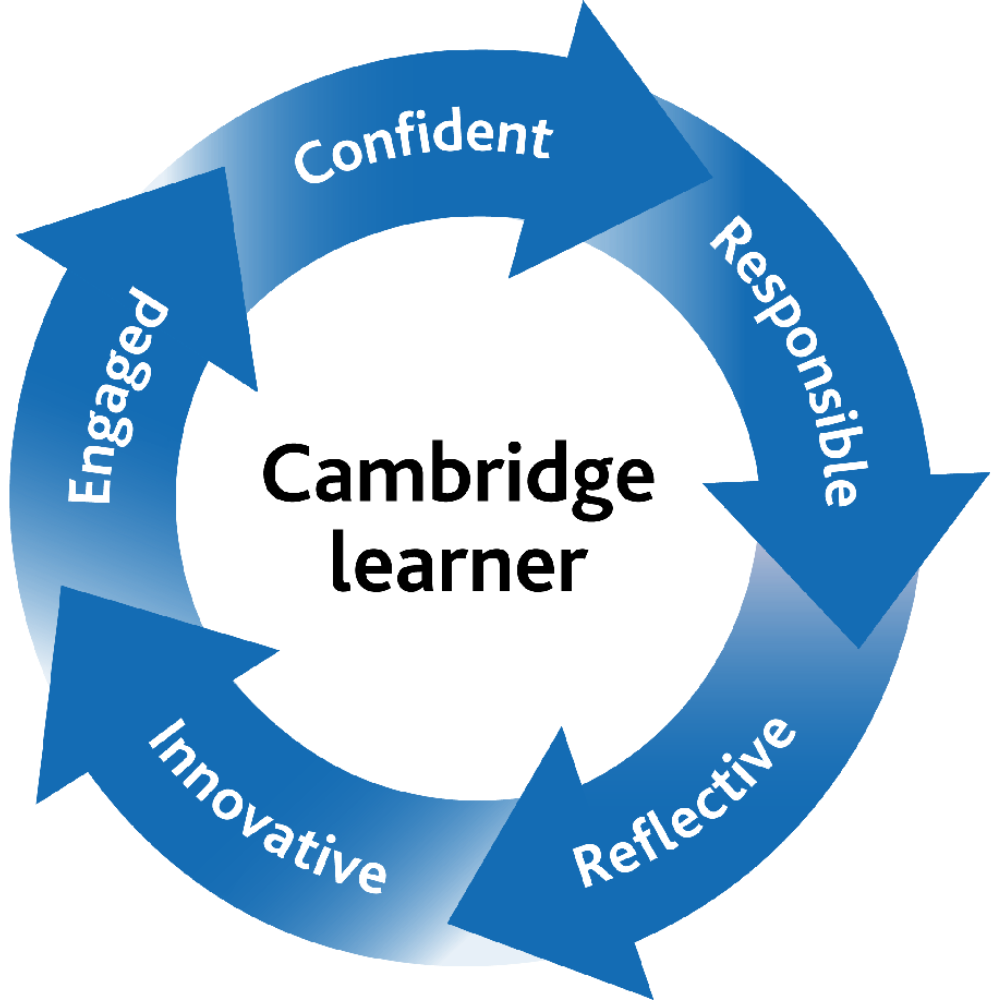
The Cambridge IGCSE Programme Offers
CORE SUBJECTS - G10
Students who take the full Cambridge IGCSE Curriculum in Grade 10 will be studying the following Core subjects:
International Mathematics - (0607)
International Mathematics helps learners gain competency and confidence in mathematical techniques. It fosters understanding of quantity, patterns, and relationships, enhancing reasoning and problem-solving skills. Cambridge IGCSE provides a solid foundation for advanced mathematics or supporting other subjects.

Co-ordinated Sciences – (0654) (Double Award)
Co-ordinated Sciences develops a set of transferable skills including handling data, practical problem-solving and applying the scientific method. Learners develop relevant attitudes, such as concern for accuracy and precision, objectivity, integrity, enquiry, initiative and inventiveness. They acquire the essential scientific skills required for progression to further studies or employment.
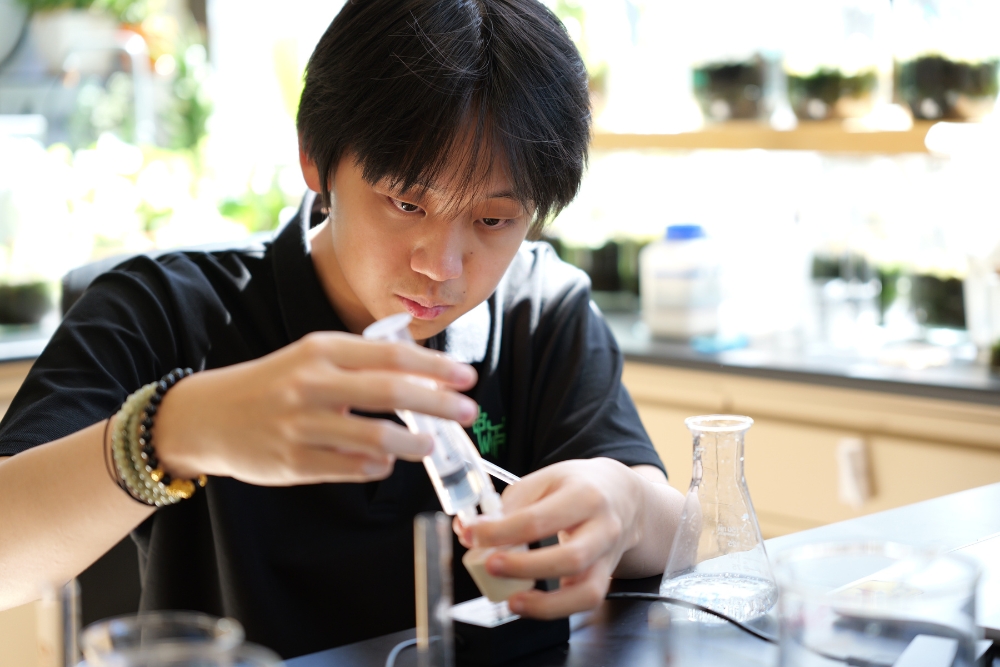
Cambridge International Project Qualification - (9980)
The Cambridge International Project Qualification (Cambridge IPQ) enhances higher-order thinking, research, and communication skills. It encourages innovative problem-solving and helps learners construct research questions, conduct literature reviews, and undertake projects, preparing them for higher education and lifelong learning.
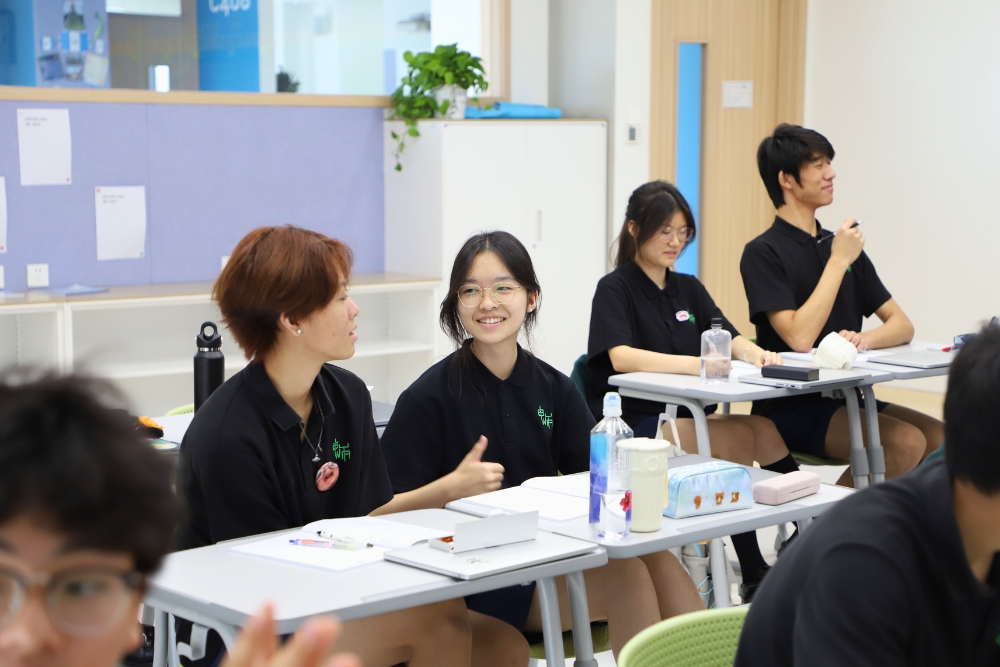
English as a Second Language - (0510)
Cambridge IGCSE English as a Second Language enhances understanding and communication skills in English. Learners improve their ability to interpret written and spoken texts, select relevant information, and communicate clearly, preparing them for further studies or employment.
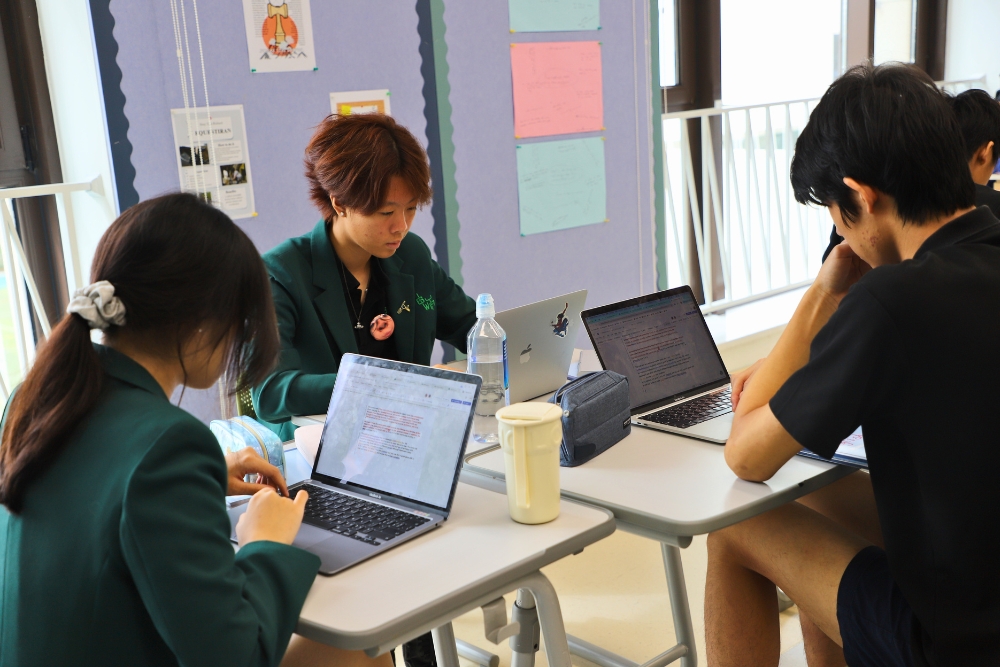
Enterprise - (0454)
Cambridge IGCSE Enterprise helps learners gain practical skills and knowledge for running small enterprises. The syllabus promotes engaging projects, encouraging study in both local and global contexts, while developing investigation, analysis, interpretation, evaluation, and problem-solving skills.
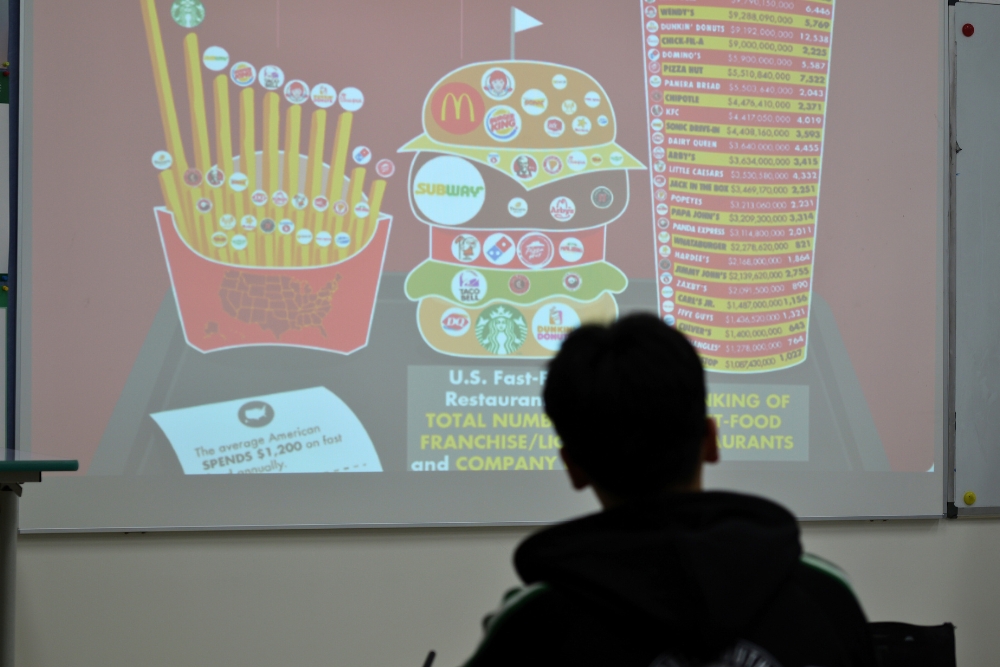
First Language Chinese - (0509)
Cambridge IGCSE First Language Chinese is designed for learners whose mother tongue is Chinese. The course allows learners to develop the ability to communicate clearly; accurately and effectively when writing, learn how to use a wide range of vocabulary and correct grammar, character formation and punctuation, and develop a personal style and an awareness of the audience being addressed.
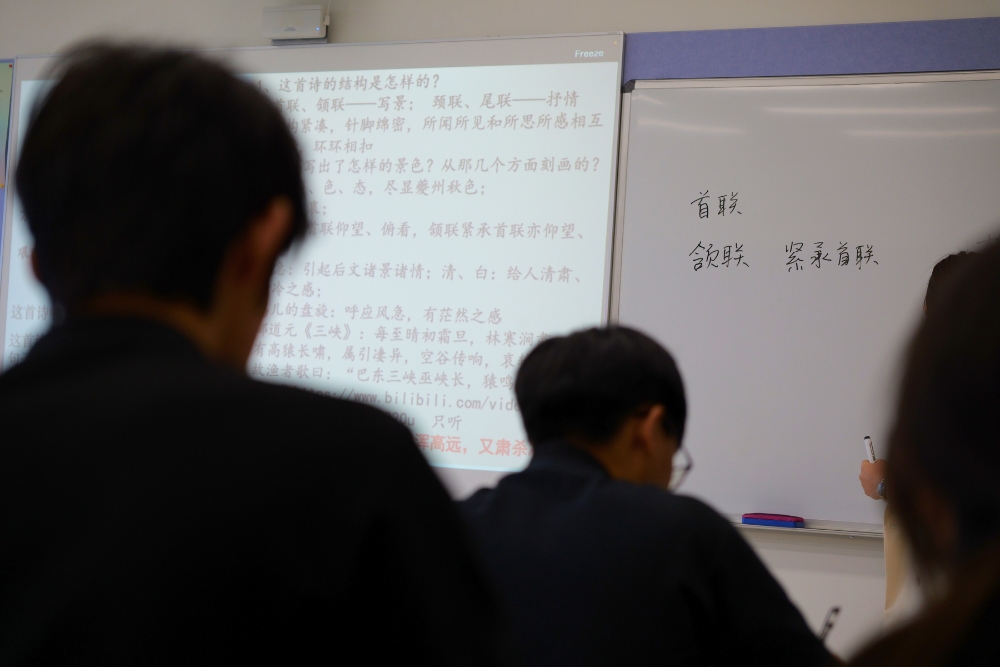
Global Perspectives - (0457)
Cambridge IGCSE Global Perspectives helps learners explore significant global issues from various viewpoints. It enhances skills in research, analysis, communication, and collaboration, promoting argument construction and reflection while supporting overall student learning across all subjects.
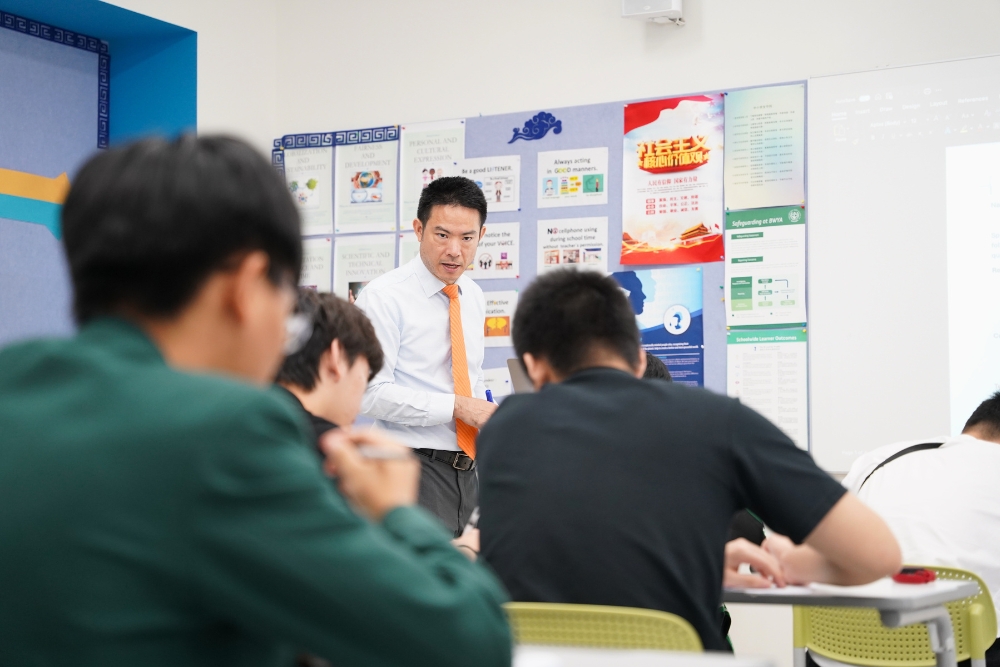
ELECTIVE SUBJECTS - G9/10
Students in Grades 9 and 10 can choose to study the following elective subjects as part of the full-time Cambridge IGCSE curriculum or to complement the MYP programme. These are internally assessed at BWYA but can choose to take the external assessment with Cambridge in the second year (Grade 10).
Biology - (0610)
Cambridge IGCSE Biology develops a set of transferable skills including handling data, practical problem-solving and applying the scientific method. Learners develop relevant attitudes, such as concern for accuracy and precision, objectivity, integrity, enquiry, initiative and inventiveness. They acquire the essential scientific skills required for progression to further studies or employment.
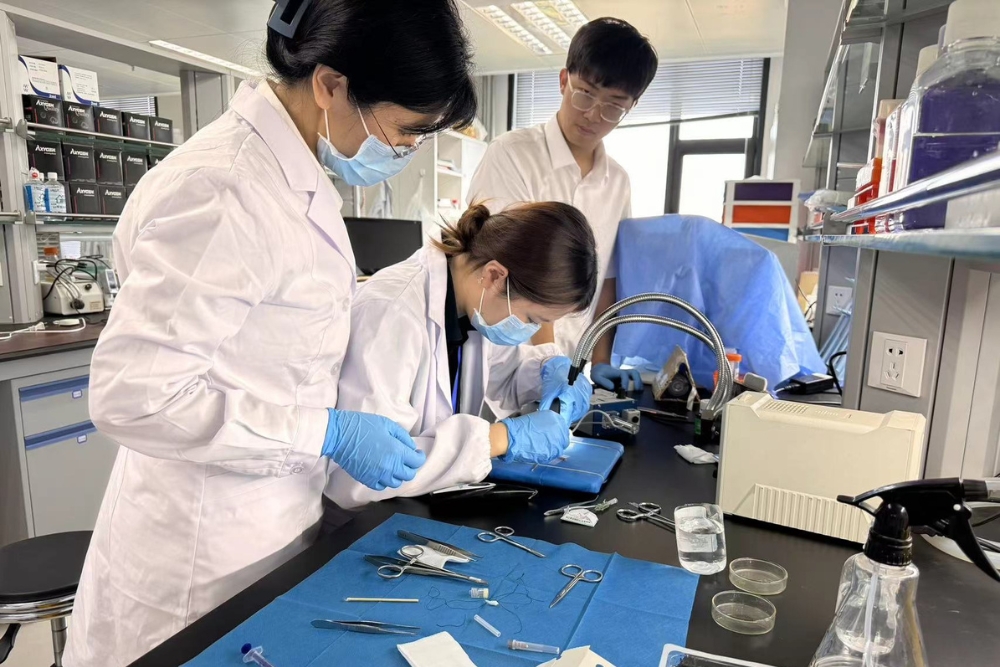
Business Studies - (0450)
Cambridge IGCSE Business Studies equips learners with essential business knowledge, covering various organisations, environments, and functions. It develops vital skills in data analysis, communication, and decision-making, preparing students for further education and future employment opportunities.

Chemistry - (0620)
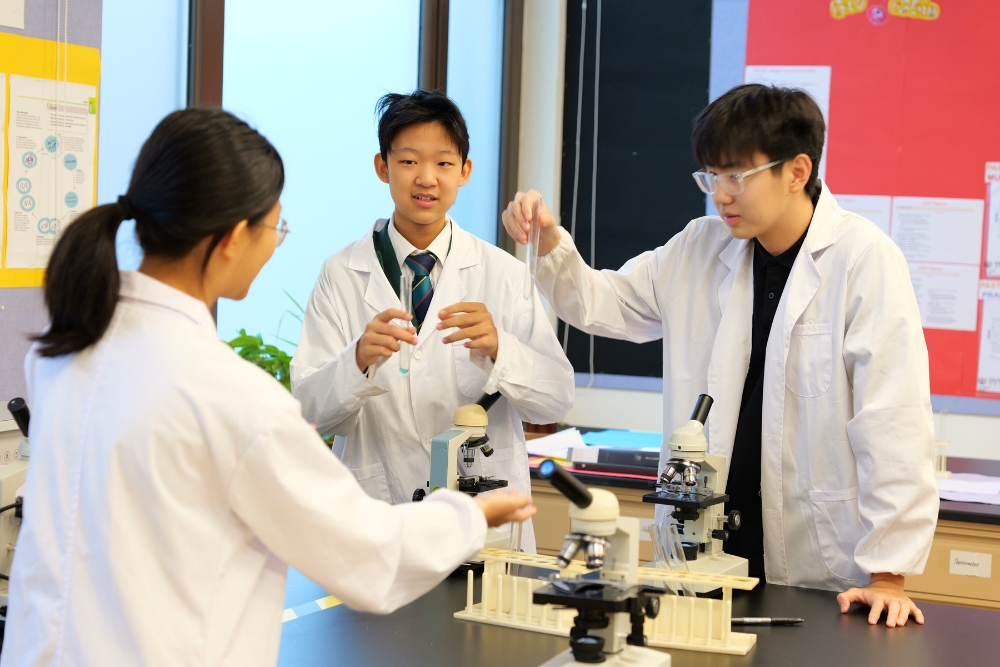
Computer Science - (0478)
Cambridge IGCSE Computer Science offers foundational knowledge in computational thinking and programming. Students learn to solve problems using algorithms and a high-level programming language while developing technical skills in testing and evaluating solutions, enhancing their understanding of technology’s benefits.
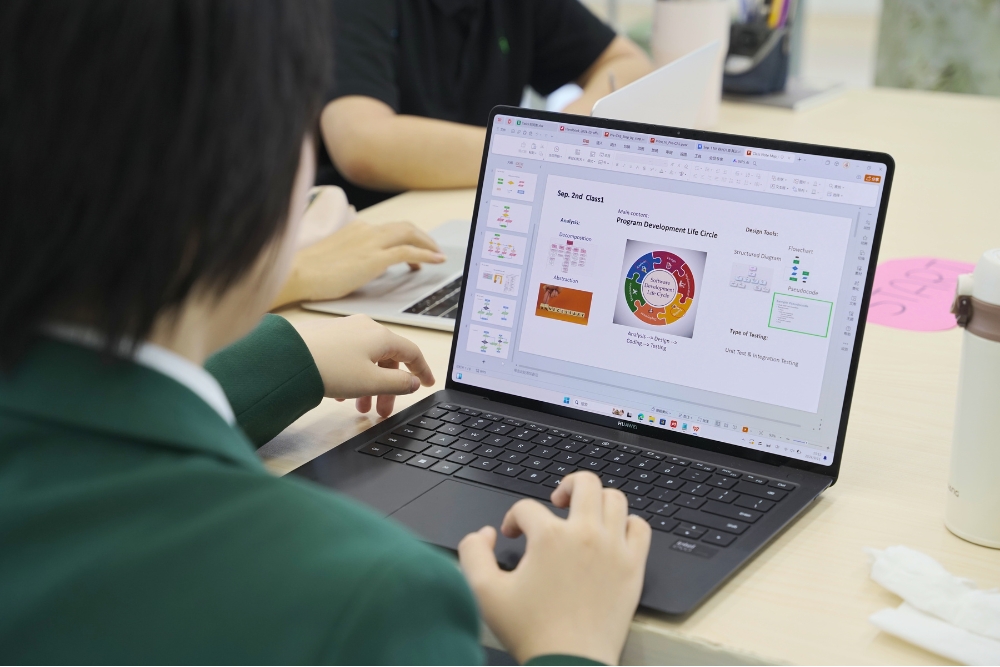
Economics - (0455)
Cambridge IGCSE Economics equips students with essential knowledge and skills, including economic theory, analysis, and numeracy. It prepares candidates for decision-making and advanced study and is recognised by universities and employers as a testament to their understanding of economics.
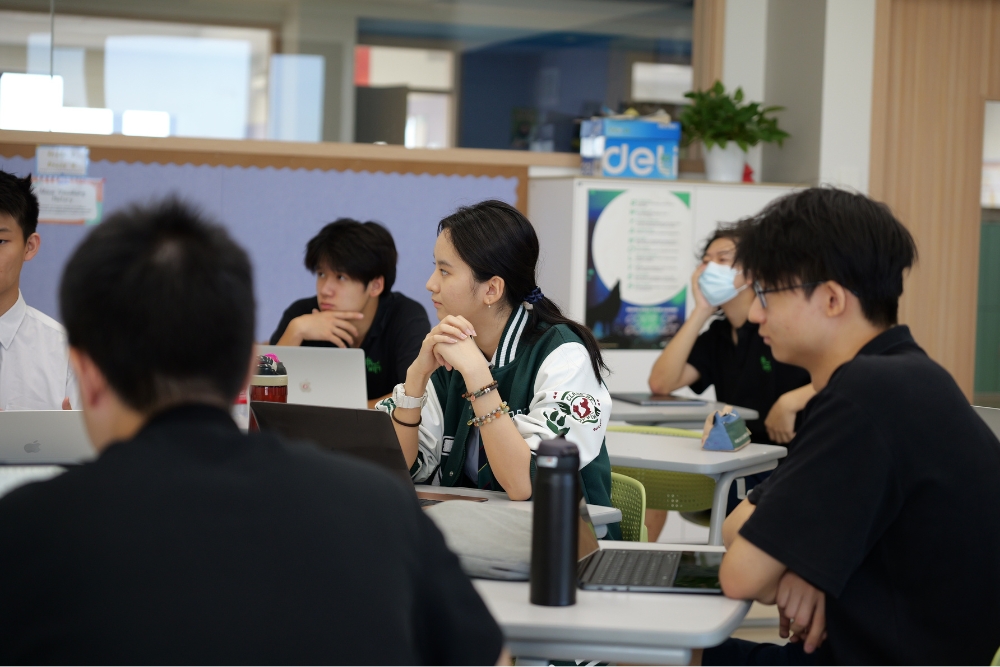
German – Foreign Language - (0525)
Cambridge IGCSE German develops a set of transferable skills for understanding and communicating in everyday situations in German. Learners begin to develop cultural awareness of countries and communities where German is spoken. They acquire the essential linguistic skills required for progression to further studies or employment.

Physics - (0625)
Cambridge IGCSE Physics develops a set of transferable skills including handling data, practical problem-solving and applying the scientific method. Learners develop relevant attitudes, such as concern for accuracy and precision, objectivity, integrity, enquiry, initiative and inventiveness. They acquire the essential scientific skills required for progression to further studies or employment.
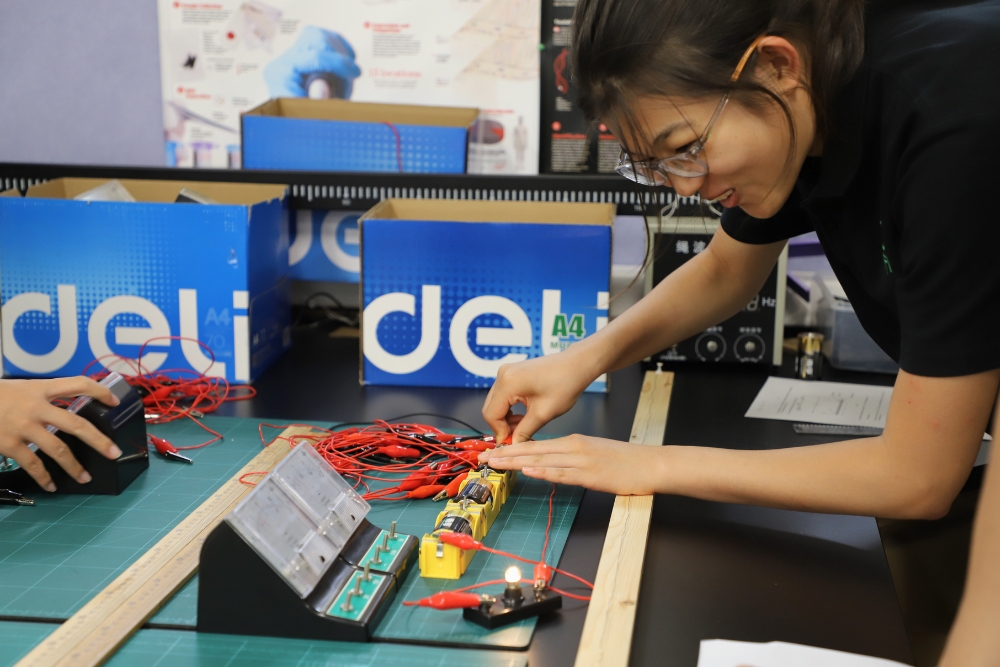
Psychology - (Edexcel)
Edexcel Psychology introduces students to the scientific study of human behaviour and mental processes. Covering biological, cognitive, social, and developmental aspects, it fosters critical thinking and explores ethical implications while emphasising research methods and psychological theory in everyday life.
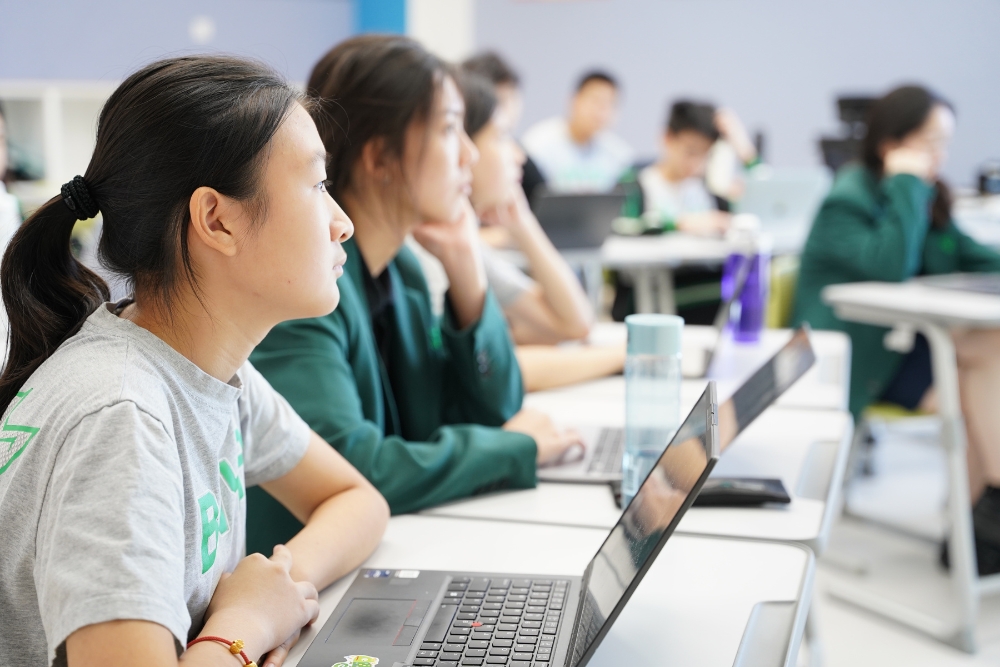
GLOBAL PERSPECTIVES
Global Perspectives is an interdisciplinary course that helps students develop critical thinking, research, and collaboration skills by exploring global issues from multiple perspectives. It encourages students to understand and engage with real-world challenges, fostering informed global citizenship.
Components of Global Perspectives
- Written Examination – Students analyse and evaluate global issues, applying their understanding of different perspectives in a formal exam setting.
- Individual Report – Students conduct in-depth research on a global issue of their choice, presenting their findings and personal insights in a structured report.
- Team Project – Students collaborate in groups to investigate a global issue, combining their ideas to propose solutions and present their findings as a team.
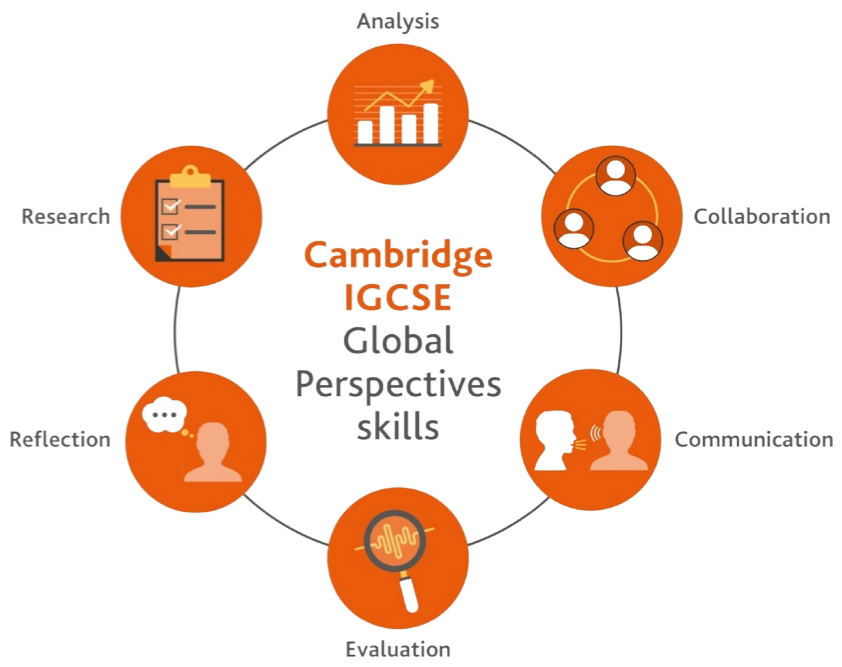
Skills Developed
- Analysis – Students critically examine global issues by breaking down complex problems and evaluating different perspectives to draw conclusions.
- Collaboration – Working in teams, students share ideas and combine their efforts to investigate global challenges and present group projects.
- Communication – Students express their ideas, both in writing and orally, to present research findings and engage in debates on global issues.
- Evaluation – Students assess the validity of different viewpoints and solutions, considering the strengths and weaknesses of various approaches to global issues.
- Reflection – Throughout the course, students reflect on their learning process, considering how their views on global issues evolve and how they can apply new knowledge.
- Research – Students independently investigate global topics, using sources to gather and synthesize information for reports and projects.
CAMBRIDGE ASSESSMENTS
Cambridge IGCSE assessment takes place at the end of the course and can include written, oral, coursework and practical assessment. This broadens opportunities for students to demonstrate their learning. In many subjects there is a choice between core and extended curricula, making Cambridge IGCSE suitable for a wide range of abilities.


